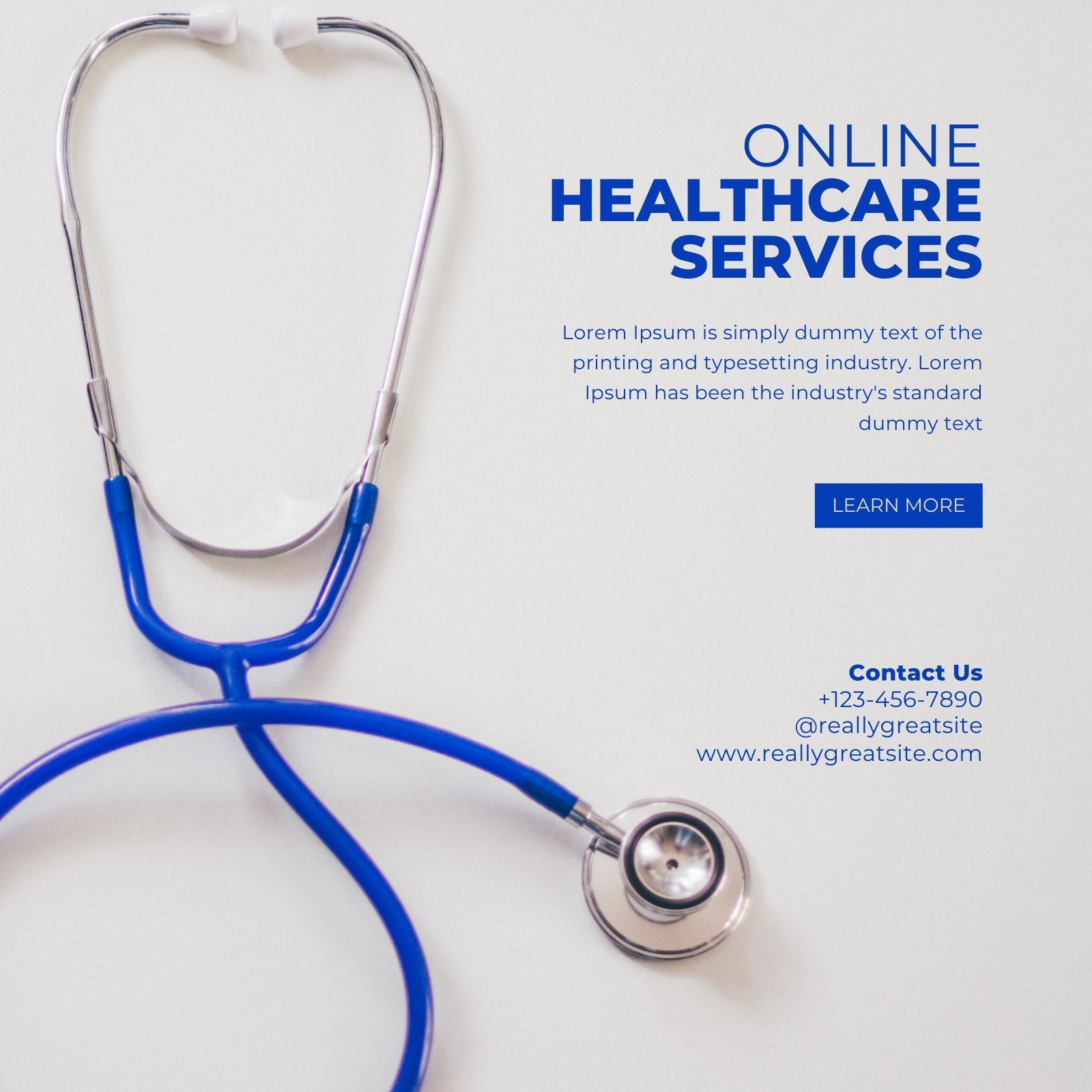Recognizing the Cost-Effectiveness of Subscription-Based Healthcare Designs
As the medical care landscape progresses, subscription-based versions arise as a compelling option, guaranteeing to redefine how individuals manage clinical expenditures. Reviewing these versions' cost-effectiveness requires a nuanced comparison with conventional insurance, considering both financial effects and person fulfillment.
Introduction of Subscription-Based Designs
Subscription-based healthcare versions, occasionally described as direct primary treatment or concierge medicine, are significantly getting interest as a potential remedy to ineffectiveness within conventional healthcare systems. These versions operate on the concept of offering people direct accessibility to health care companies through a month-to-month or annual charge, bypassing the need for standard insurance devices. This plan intends to enhance patient-provider interactions by minimizing administrative worries, which typically prevent tailored and timely treatment.
At the core of subscription-based models is the focus on a more individualized patient experience. Individuals gain from improved accessibility to their physicians, commonly including next-day or same-day consultations, prolonged appointment times, and direct communication networks such as phone or video clip calls. This design cultivates a proactive technique to medical care, where service providers and individuals can collaboratively concentrate on preventative care and chronic illness monitoring.

Cost Comparison With Conventional Insurance Coverage

One of the main financial benefits of membership models is openness in expenses. Conversely, traditional insurance policy may be more useful for individuals requiring specialized treatment or expensive therapies not covered under a membership model, as they benefit from the broader insurance coverage network and cost-sharing systems.
However, cost-effectiveness is context-dependent. While membership versions may supply cost savings for those largely needing medical care, individuals with persistent conditions or specialized health care demands might discover standard insurance much more thorough. For that reason, reviewing specific health care needs and potential usage is critical in identifying the most cost-efficient option for individuals.
Impact on Client Fulfillment
Client satisfaction within subscription-based medical care versions commonly shows a significant renovation over typical insurance coverage systems. Unlike conventional systems, where patients could experience delays in receiving find out treatment, subscription-based designs ensure even more direct and prompt communications with health care providers.
In addition, the openness in costs related to subscription-based health care alleviates the usual disappointments associated with unanticipated fees and intricate invoicing procedures seen pop over to these guys in conventional insurance policy (subscription based healthcare). Individuals value understanding the specific monetary dedication upfront, resulting in raised count on and self-confidence in their healthcare monitoring
Additionally, the focus on preventive care and health in registration models adds to boosted health end results, further improving person complete satisfaction. By concentrating on ongoing health and wellness upkeep instead of episodic care, individuals experience an even more continual and holistic healthcare journey.
Moreover, the boosted provider-patient relationship promoted in these designs, identified by even more time spent per patient and individualized focus, plays a crucial role in raising individual fulfillment degrees, as people feel genuinely cared for and understood.
Supplier Viewpoints and Experiences
From the copyright's viewpoint, subscription-based healthcare models provide a transformative method to providing medical solutions. These designs emphasize a preventative and aggressive medical care approach, permitting providers to focus on comprehensive patient care without the restraints of typical fee-for-service click over here setups (subscription based healthcare). This change in focus frequently results in improved person end results and boosted supplier fulfillment, as health care professionals can allocate even more time and sources to individual engagement and personalized treatment plans
Moreover, registration designs help with foreseeable profits streams, which improve financial security for doctor. This predictability permits enhanced resource preparation and allotment, contributing to a much more efficient medical care shipment system. Providers can purchase staff infrastructure, training, and modern technology improvements, consequently enhancing the high quality of treatment used.
Nonetheless, the change to subscription-based versions is not without challenges. Despite these hurdles, numerous suppliers locate that the advantages of raised person communication and structured procedures surpass the first obstacles, making subscription-based versions an eye-catching alternative.
Future Leads and Challenges

A key obstacle is governing compliance, as subscription models should comply with developing healthcare policies and insurance policy demands. This necessitates continuous adaptation and technology to ensure positioning with lawful requirements. Additionally, integrating these versions into existing health care frameworks can be complicated, requiring substantial financial investments in modern technology and training.
There is likewise the potential threat of creating inequities in medical care accessibility, as membership designs may prefer those who can manage them, leaving vulnerable populations underserved. Addressing this requires thoughtful consideration of pricing strategies and aid mechanisms to make certain inclusivity.
Final Thought
Subscription-based medical care versions offer a sensible choice to traditional insurance by offering financial predictability and openness, specifically profiting people with persistent conditions or regular healthcare requirements. The cost-effectiveness of these versions is contingent upon specific medical care use patterns and scenarios.
Subscription-based health care models, sometimes referred to as direct key treatment or concierge medicine, are increasingly obtaining focus as a prospective service to inefficiencies within traditional medical care systems. Unlike standard systems, where individuals could experience hold-ups in getting treatment, subscription-based versions ensure even more prompt and direct interactions with medical care carriers.
These designs stress a preventative and proactive healthcare strategy, enabling suppliers to focus on comprehensive individual care without the restraints of standard fee-for-service arrangements. As these versions continue to obtain traction, they supply the prospective to revolutionize individual access to care, enhance service shipment, and optimize health care investing.Subscription-based health care designs present a viable alternative to typical insurance coverage by offering monetary predictability and transparency, especially profiting individuals with chronic problems or frequent health care demands.
Comments on “Discover the Conveniences of Subscription Based Healthcare for Affordable Medical Care”